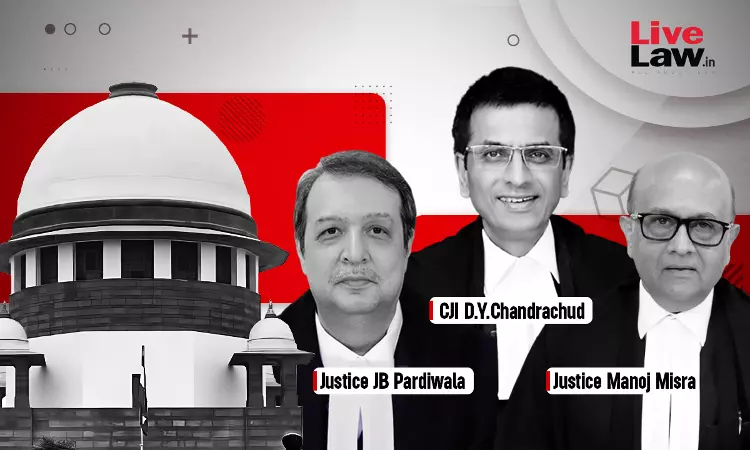Preventive Detention- 3 Months Limit Under Article 22(4)(a) Applies Only At Initial Stage Till Advisory Board's Report : Supreme Court
Suraj Parmar
20 Aug 2023 9:40 PM IST

Next Story
20 Aug 2023 9:40 PM IST
The Supreme Court recently dismissed an appeal by a detenu who challenged the order of preventive detention under the Andhra Pradesh Prevention of Dangerous Activities of Boot-leggers Act, Dacoits, Drug Offenders, Goondas, Immoral Traffic Offenders and Land Grabbers Act, 1986 (the Act).The Court disagreed with the view taken in Cherukuri Mani v. Chief Secretary, Government of Andhra...
